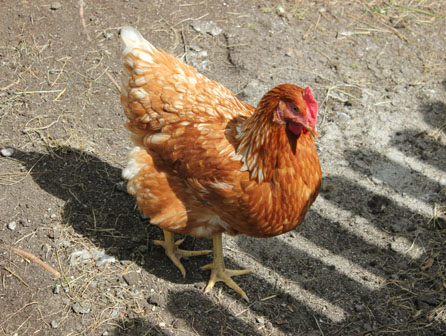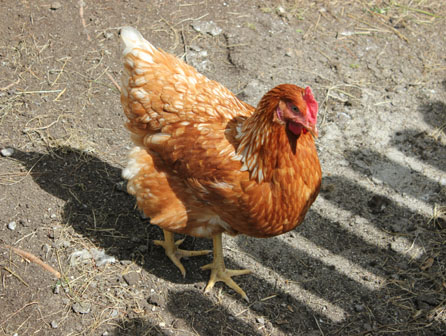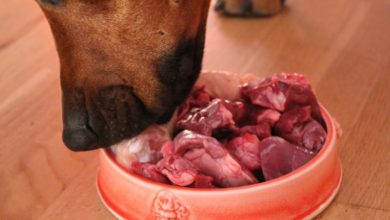London chicken-keepers could be unwittingly spreading disease



Published in the journal British Poultry Science by Taylor & Francis, the article collected baseline data on welfare, biosecurity and diseases of a sample of backyard chickens kept in the Greater London urban area from May to July 2010.
Information on keepers’ and flocks’ characteristics, housing and husbandry practices and owners’ knowledge of health problems in chickens and zoonotic diseases were collected and a welfare assessment protocol was developed and the flocks assessed accordingly.
Iveta Karabozhilova, one of the authors of the study, said: “Our findings clearly indicate a communication gap between authorities and chicken keepers.
“Making information available and easily accessible through the most widely used channels is of high priority from a disease control perspective, in particular for notifiable exotic diseases characterised by quick spread and devastating effect, such as Avian Influenza and Newcastle Disease.”
Although chickens were generally provided with living conditions which allowed them to perform their natural behaviours, about three quarters of the flock owners did not comply with the regulations of the Department for Environment, Food and Rural Affairs (Defra) on the feeding of catering waste. It has been illegal to feed catering waste to farmed animals in the UK since 2001 because some disease agents can survive in food products and facilitate the spread of the disease.
For example, feeding chickens with chicken meat and eggs carries the danger of spreading Newcastle Disease, since this virus can preserve its infectivity for weeks in frozen carcasses, as well as in eggs.
A serious concern was also the low level of awareness demonstrated by the owners about diseases like Marek’s Disease, Infectious Laryngotracheitis and Infectious Bronchitis which were recently diagnosed in backyard flocks in the UK and which could negatively affect birds’ welfare.
The author was also quick to point out the differences between a pet and a farmed animal, and said: “Even though evidence from our study shows that flock owners provide enriched living conditions to the chickens, they ought to realise that their pets are a farmed species and are subjected to regulations.
“They need to expand their knowledge beyond the diseases for which there has been much publicity, like Salmonellosis and Avian Influenza and be aware of the fact that some diseases must be reported.”













